|
f you drive southward onto the harbour bridge at the moment there is a very confusing section. Amidst the descending on ramps and the ascending merge lanes, surrounded by construction and reorganisation is a section of 4 parallel lanes. Suspended across this section is a high road sign with multiple green squares of direction information. Each square hangs over a lane and tells drivers which part of the city you’ll be projected towards once you cross the bridge.
The lane choice you make as you cross to the south side can send your curling east to Bondi, drop you down into the city grid, hook you down, under and around to Darling Harbour or boost you off over the Anzac bridge to the west. It’s a choice with real geographic consequence. The tricky element currently is that all of the large green traffic signs are completely blank. Due to road works the lanes are in flux, new sections are opened up, resurfaced, closed down and redirected at different stages of the work. I’m sure at the end it will all be worth it. While all this is going on, someone has decided that the signs are better off telling drivers nothing than telling them the wrong thing. It’s better to be lost and know it, than to be lost and yet blindly sure of exactly where you’re going. I think that’s probably true. We’re all a bit lost sometimes, it’s often when you don’t recognise it that you make a mistake and find yourself suddenly stuck under the Anzac bridge in the Fish Market parking lot.
0 Comments
Children say a lot of surprising things, some of those things are thought provoking and impressive. Today my six year old said, “A basic human need is responsibility”. That’s a cool statement and true or not true, I don’t know. The reason why I’m writing about it today is that I can almost see how he got there. Check out the mind map I drew. 6 months ago we watched the original Disney Jungle Book. Then we talked about the word trick of Baloo the bear sing a song called bare necessity. He likes word tricks.
A few days ago he played Monopoly with his uncle. People had to go to jail, they did not pass GO, they did not collect $200. This morning his sister was breaking a rule by attempting to scale the kitchen to retrieve a dummy from the high shelf. His mother was in Europe and his father was in the bathroom, so he took the responsibility to police the situation - there was screaming and hair pulling. On the drive back from the beach today, while listening to the Lion King stage show album, he asked about why people have to go to jail. Why Scar decided to kill his brother? And what does ‘bare necessities’ mean? I rambled away on various things, including the possible missing things in a person’s life that might lead them to break the law, hurt someone or steal, for long enough that the 2 year old fell asleep. Eventually I asked him if there is anything to add to food, water, shelter and love as basic needs, he said: a basic human need is responsibility. I think I can see it all swirling around in there for him. I’m not sure how often I can see the way various swirling thoughts in my head coalesce into the things I say. It was pretty cool. Just to round it out, he did then ask me what a responsibility was. So it’s hard to say where we really are after all that. Responsibility from the Oxford definition: noun 1. the state or fact of having a duty to deal with something or of having control over someone."a true leader takes responsibility for their team and helps them achieve goals" Responsibility, do you have enough? With their mother overseas and their father rushing to the end of school term, my children found themselves with a supervision deficit this week. The good news was that Tio Toby was in town.
Book that needed to be read - Tio T. Ball that had to be kicked - Tio T. Duolingo lesson too hard - Tio T. Kid home sick from school - Tio T? All day with 2 year old, including 2 bedtimes - TIO T. The MVP of this week - Tio T. And the kids I suppose, for showing him the ropes. “You just have to get home.” I said that, or something like that, to the news this week. A reporter and camera crew came out on the boats to report on the resilience program we run at school. So they should, our sailing themed resilience, independence and leadership program is incredible. It’s the best thing I’ve done in education I think.
Having to distil my thoughts about the program: the students, the reflection framework and process, the relevance to the rest of school life, the sailing, is a valuable process to go through. I knew I’d need to articulate the quality of the program for the news guys, I talked about mistakes and having to get home. One of the things about life as a teenager is that it’s possible to stop trying. At school if work gets hard or a mistake is made in class, students can choose to stop. If teenagers have an argument with a peer they can choose to ignore it and talk to everyone but the other person about it. If a sporting contest starts to go against a player they can ease off and stop chasing. The brilliance of sailing as a vehicle for a resilience and independence program is that when the students make mistakes on the water, the imperative to try again is very high. When their boat is on its side floating 200m off the Balmain point because they made a mistake, the students have to get it back up and try again. The elements and the activity don’t really let anyone give up mid session. It’s certainly possible to check out mid week and never come back to sailing, but for those who do they’ll be given the chance to build a powerful relationship with failure and trying again. It’s true of many situations in life, you just have to try again and get back home. I’m applying for a frisbee coaching job and I thought it might be a cool idea to include some words from athletes that I’ve coached in the past. I wrote to a couple of people and asked if they’d be able to prepare a brief testimonial for me as a coach. They did and sent some kind and affirming words over. I said thanks and included them in my application.
Then I reflected on how positive it was to read about how you’re good at something. A testimonial is a real boost. So, I wrote a testimonial in return and sent it off. Now I think everyone should prepare an unsolicited friendship testimonial and send it to someone they know. I’ll give you an, attempted humorous, template below: I recommend [first name, last name] as a [friend AND/OR teammate]. He/she is very generous, loving and quickly responsive via messenger. He/she is good at playing [game OR sport OR instrument], has lovely well behaved [kids OR pet OR limbs] and smiles easily. Since I’ve known [first name] he/she has evolved from a [single minded OR enthusiastic OR meek] [athlete OR person] on a quest for [team AND/OR personal] greatness, into a [wholistic OR passionate OR considerate] [athlete OR family member OR professional], who is still on a quest for [team and personal greatness. I feel fortunate to have you [first name OR nickname] as my friend. There you go, you’re welcome. Edit a couple of those up and send them out this week. Or, more seriously and genuinely, write up your own friendship testimonial and post it to a mate, people will love it and you’ll feel good too. The idea is that every now and then you make a meal that the kids don’t necessarily love and when they eat it they get ice cream. Challenge night. It all makes sense: get some good nutrition in, push out their culinary boundaries a bit, do something together and also ice cream. Challenge; success. Suffering; reward. Vegetables; sugar.
I asked some kids tonight about Challenge Night and they talked about the ice cream and the reward, the good feeling when the “gross” dinner was out of the way, how it felt good to have done it. The visceral and immediate experiences were front, and back, of mind. It makes me wonder about the nature of difficulty. Everyone pushes through obstacles all the time, some are major and very challenging, most are common and managed without existential consequences. We do this through circumstance but also as a choice. People choose challenge. Some people probably crave it. What I’m wondering is, do humans pursue challenges because at the end you get something good, or is it the struggle itself that has the value? Both, I suspect. And other reasons as well. The something good is clearly a major driver for people to: go for the jog, to talk to the alluring stranger, to scrub their bathroom and to arrive at work on time everyday. Good things come after pushing to do those difficult tasks. There’s also the feeling of accomplishment that comes in tandem with the struggle completed. This is different than the extrinsic reward, it’s a sense of capacity and resilience building. A fortification created in preparation for the next hard thing that has to be faced. Another idea I have about the appeal of a challenge, is the possibility that it might not work out. You don’t always get the ice cream. Perhaps a compelling element of trying to do something hard is that you get to stand in the special place between success and failure. Where the disparity between possible futures is particularly clear. A school/driving/medical/technical examination is this kind of challenge. The choices you make, built by the work you’ve done, will fling you in one of a couple of stark directions. Sport does this too, you can win the game or lose the game. It’s that kind of challenge. Success and failure come right together and sit on either side of a 5cm white line on the ground. People, some people, love playing sport for this. It’s not just that it’s great to win, it’s that the challenge itself holds a unique appeal in bringing you to a moment where doing the hard thing right has clearly defined and oppositional consequences. It’s hard to imagine a life in which nothing is difficult and there is no challenge. It probably does exist for some people. The way I’m feeling about it right now is that challenge-free isn’t the best option. It’s great to get the chance to have to eat your vegetables. There are two complementary skill sets in school yard handball. The first is the ability to hit a small rubber ball out of your square and into someone else’s. Hit it high, hit it low, they’ve even invented hitting it with your head at some point since the 80s. It’s all very skilful and straightforward.
The second skill set is less so. It is the ability to negotiate, litigate and interrogate with and against the other people playing the game. In a game with no independent arbiter, your ability to interpret the flight, bounce, direction and interference with the ball, and then argue to your advantage is critical. There are those rare single skill set players out there, however the truely great handballers and the strong handball lawyers. “Full” “Lines” “double bounce” “Into” “Carry”. With a quick wit and a forceful character (and a few good shots) you can sometimes stay in all of recess. There is a move that you do as a parent, I’m going to call it the suspension story. A suspension story is employed to suspend all other business that a child is otherwise engaging in so that something can be achieved. You might tell a story as a nurse takes a wriggly child’s blood pressure. In the last few minutes of a long drive you might try and suspend the yelling from the back seat with a story about the ocean and the mountains; “did you know the oceans love to dance in the moonlight?” Often you just want to keep your 2 year old from running out of the cafe door and down the footpath again so you can shovel down the leftover breakfast roll of your 6 year old.
“Hey! Want to hear the story of the 3 animals?” “Yaaay.” “Then sit on your chair.” I barked the other day, then began a suspension story. - - - Once there were 3 animals living in animal town. A dragon, a goat and a fox. The dragon was sure he was the best, he could fly, shimmer, blow fire and look cool, the other animals were kind of on board with this but they also thought the dragon was a bit much at times. Even a little garish and vulgar. At this stage I was in business, full suspension; the 2 year old was into the flying and fire, the 6 year old wanted to know what vulgar meant. I was demonstrating this effectively at the time by talking and shovelling food at the same time The goat was steady, stubborn and extremely effective. He had spent the majority of his life collecting toys. He had the most toys in all of animal town, every time someone left a toy behind or fell on hard times and needed to offload a toy the goat would find or buy it. Nobody really liked this, but they did respect the toy wealth. The fox was young and clever, he spent his time making good arguments about tricky animal issues and most animals in town thought he was impressive. The goat and the dragon did not get along. Each wanted to be loved as the best animal and each dearly wanted a social triumph in front of the other. The other animals looked to them for guidance but they couldn’t work together. By this stage we were out of the cafe and ambling home up the street, the 2 year old had completely checked out, hence the emerging social triumph narrative. The big boy though, was invested. This is where the fox chooses to make a move. He speaks first to the goat and then the dragon, his suggestion is a secret partnership which would allow them to gather toys and glory in equal measure and take over animal town. They liked the plan and agreed to form a team. The fox had managed to appeal to their shared ambition, little did they know his plan was to surpass them both. At this point we’d successfully arrived at the front door and I’d kind of run out of narrative energy. Also, the suspension story had done its work again, we were home safely, no one had veered towards the road and we’d made it past the local toy store with no requests or arguments. The story loving 6 year old had been listening closely and he broke in to say “oh, so this story is just Caesar, Pompey and the other guy, right?” “Crassus” I said. “Yeah, Crassus. I know this one.” he replied. As we went downstairs the 2 year old spotted a balloon to kick. I finished the story. Anyway the dragon was killed on a beach in Egypt, the goat in Parthia and the fox was assassinated by the other animals in the middle of animal town. “Thanks dad.” Every Thursday morning I jog down to the sailing club to meet a group of students and sailing coaches. We rig up the boats, dress appropriately for the season and safety, wet suits, spray jackets, gloves, or not. We push off into the harbour directly to the north of Cockatoo Island and go sailing. We have a time window of close to 2 hours. We need to get back in time to pull up the boats, get warm and dry then conduct a group written and verbal reflection before the bus comes at 12:22pm.
Roughly 2 hours is a good long time for a series of dinghy races, or to bounce between Balmain and Greenwich, desperately trying to work out how to keep the tiller straight and the main pulled on. 2 hours is also a lot of time to go for an adventure sail. At a sometimes difficult to read nexus between the skill and experience of our students, the local weather conditions and importantly the frame of mind of our sailors lies the point in the harbour that we can get to and back in the time provided. Sometimes we can work past Cockatoo Island, under the twin planks of the Ironcove Bridge and loop around Rodd Island in the middle of the bay run circuit. Leichhardt on one side, Russell Lea on the other. If it’s a clear westerly breeze we can charge up the Parramatta River and under the most mighty Gladesville Bridge, which looks as if a titan from Greek mythology has buried an enormous concrete ring three quarters of the way into the earth. Once the conditions, talent and intent took us way up the river to Abbotsford and back. Capsizes in the ferry channel and all. Plenty to reflect on that week. We’ve made it up the Lane Cove River past the yachts, mansions and private schools all the way to our own humble school back fence. The office made an announcement over the loud speaker, it was recess and I imagined I could hear the students cheer from the oval. A month ago the students made it down towards Darling Harbour and looked in towards the Anzac Bridge. We’ve sailed around Goat Island in the shadow of the city, and when it all goes right we take our little public school sailing boats under the Sydney Harbour Bridge and in front of Opera House. That adventure sail is clearly incredible, despite the occasional chagrin of the Manly Ferry drivers. For 5 years I’ve been doing this with our school students, club coaches and the President of the sailing club. It’s scary and thrilling and boring and exhausting in turn. On still days they can puzzle and strive or just relax on the water away from a phone. They yell a lot out there, they laugh too, they grimace or shiver sometimes as well. We do call it a resilience program. Back in the warm, dry club during the reflection the students smile, sometimes they cry, they often have moments of realisation and see their trials mirrored in the fears of their peers. At special times there are connections made that reach well beyond the sailing club to their lives as students, athletes and family members. After sailing they are able to feel and see in different ways. It’s humbling, confidence building and enlightening. Despite all the adventuring around the harbour, one thing we can’t do on the school boats with the school students in the school time is get past The Bridge and around Fort Denison. It’s just too far east. Getting under the Harbour Bridge is tricky, there is a lot of water traffic, the channel narrows between the points and one of the directions between the fort and the club will be a long upwind. We’ve been looking over at it for years, the president and me, it’s a long way past The Bridge. We can’t do it, not really. But this week we did. It was downwind with spinnakers out the whole way. Sydney Autumn was at its finest: crisp air, warm sun, shining water and little sail boats shooting past spectacular, iconic structures. We got two boats all the way around the World War 2 fort as the tourists watched and the ferry commuters didn’t. Then we turned for home and ground to a slow sailing stalemate. The kids got tired, the upwind sail required physical and mental work, the tide was heading out and the time was fast advancing. We’d sold the future to get out over the horizon to the furthest east our sailing program has ever been. It was fantastic to make it out there. In the end the sailing boats were towed back up the wind, the showers we cut short and the uniforms rushed on. We trotted off to the bus forgoing the formal reflection and just made it back to school in time for period 4. It was the grandest outward bound sail in 5 years, and it came at the cost of all the rest. A few days later as I reflect on it all I’m pleased with the deal. I wouldn’t be if we did it every week. The message that if you can’t sail back up the wind you get bailed out and towed home is the wrong one for our resilience program. Spending all your allocated time doing the fun stuff and missing the important stuff isn’t the right tone either. Going downwind before you’ve gone upwind is fine, but in the world you’ve sometimes got to be able to go upwind first. And finally, if you don’t reflect, it didn’t happen. All that aside, I’m pleased, more that pleased actually, with the mission out and around Fort Denison because it was a grand adventure. A new length reached and a boundary pushed back. There’ll be a Thursday morning in the future when the right sailors, favourable weather conditions and a crisp determination coalesce and we’ll do it again, and make it back in time. That will happen because we tried this week and didn’t quite make it. And even if it doesn’t, it’s just great to be out there in the world trying. In the towering old power station, there is a new art exhibit. Grand oversized pieces of human expression fill the enormous post industrial spaces. Hours of toil and work, experimentation and creation have been injected into each piece. Unique, precious and precise instillations of colour and shape hang from the walls, gantries and staggering ceilings of the aging brick building. They speak of death, social struggle, hope and joy. I suspect that the keen observer would be able to perceive much about the state of our civilisation hanging clear in the balance between space and art. The main thing I perceived was stress on the faces of the volunteer gallery wardens as our children raced around corners and careened towards the art. |
AuthorHigh school teacher Archives
September 2023
CategoriesThemes |
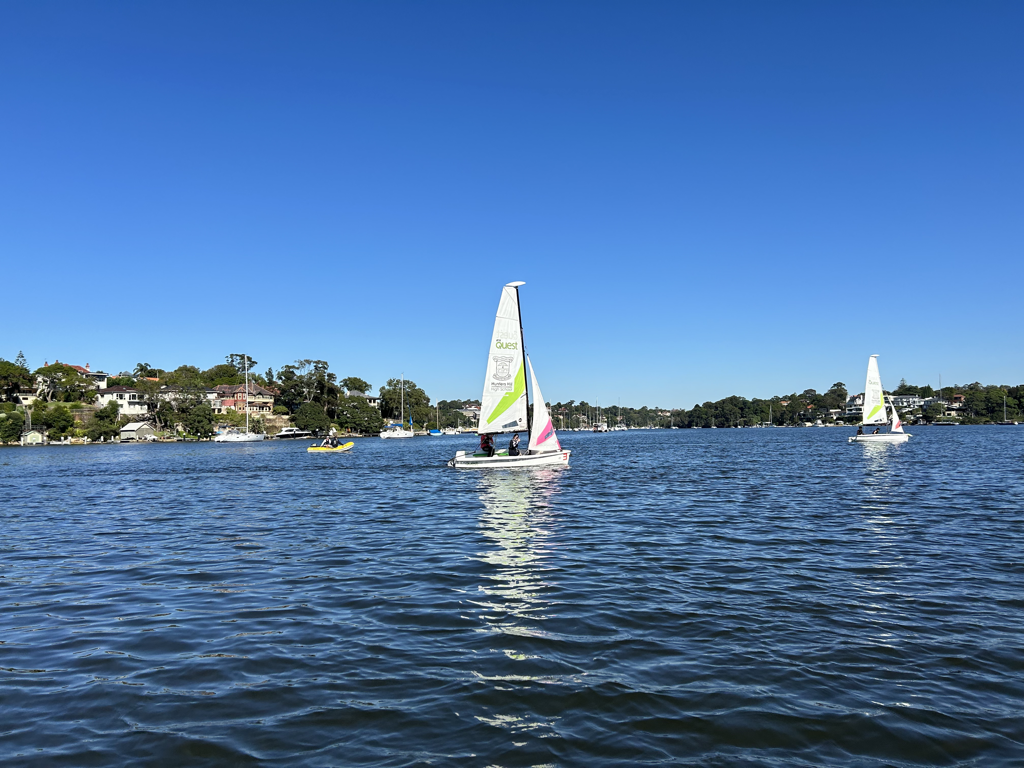

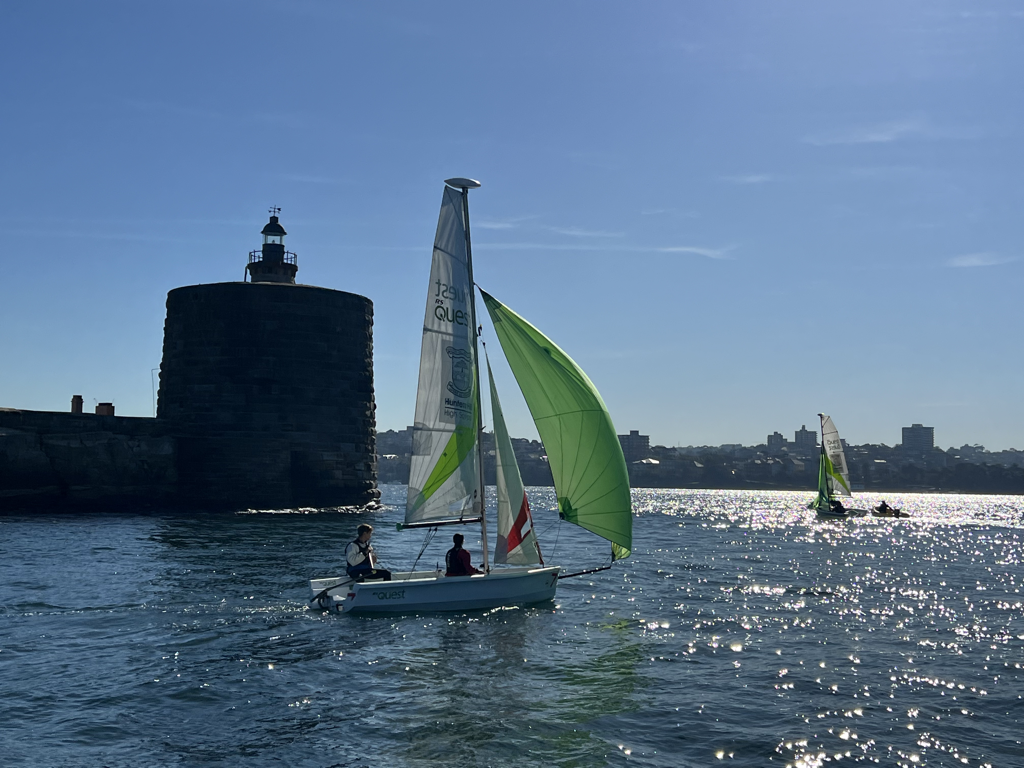
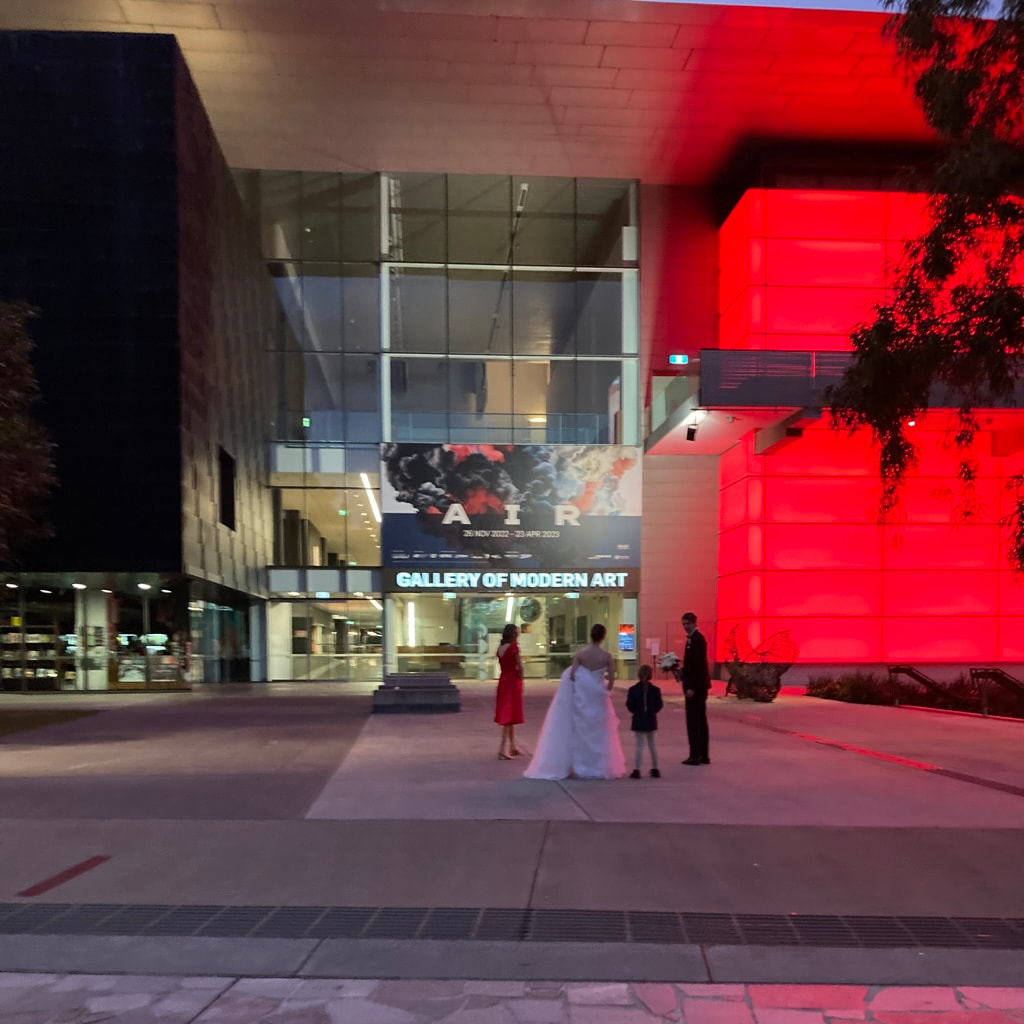

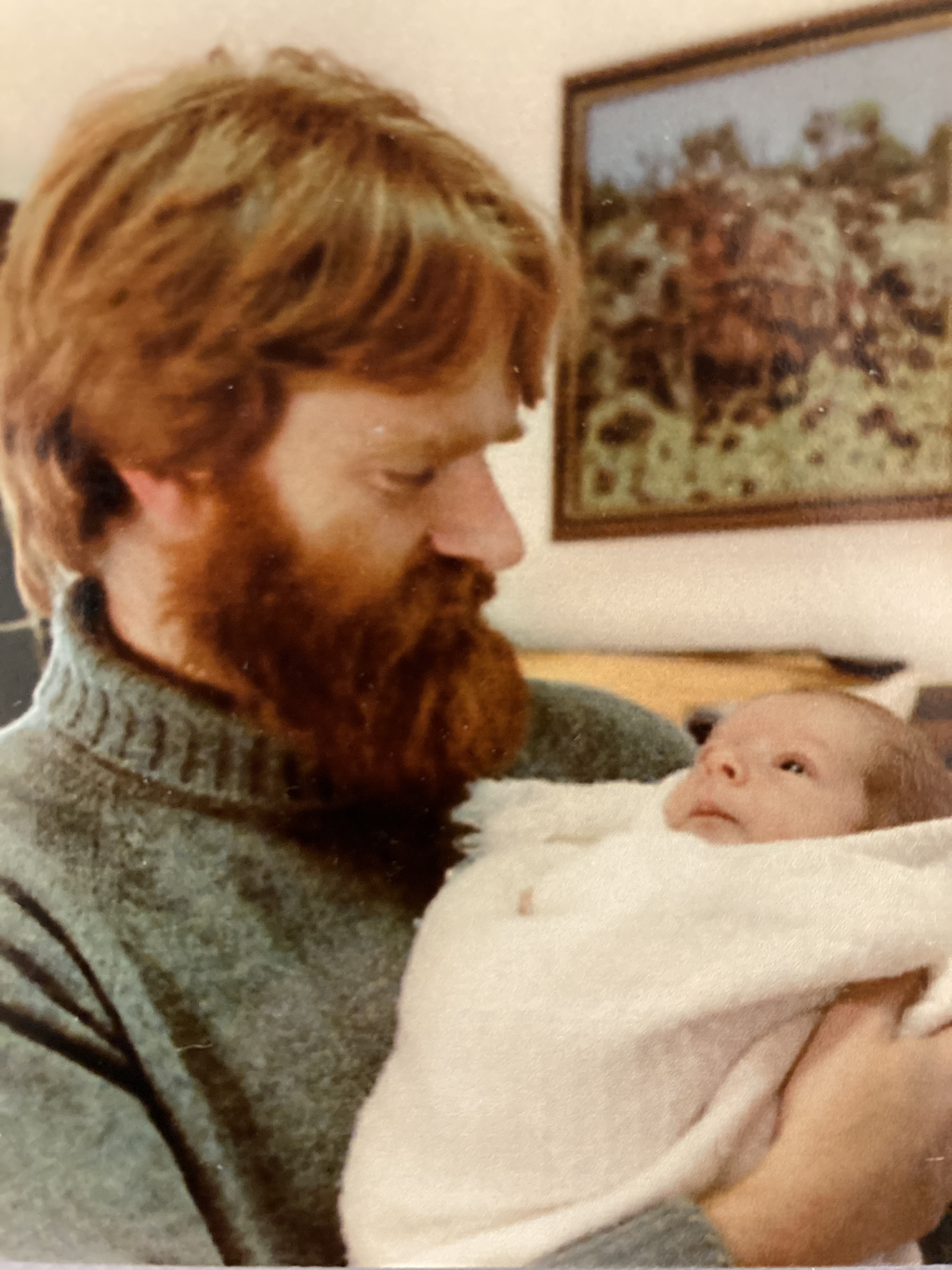

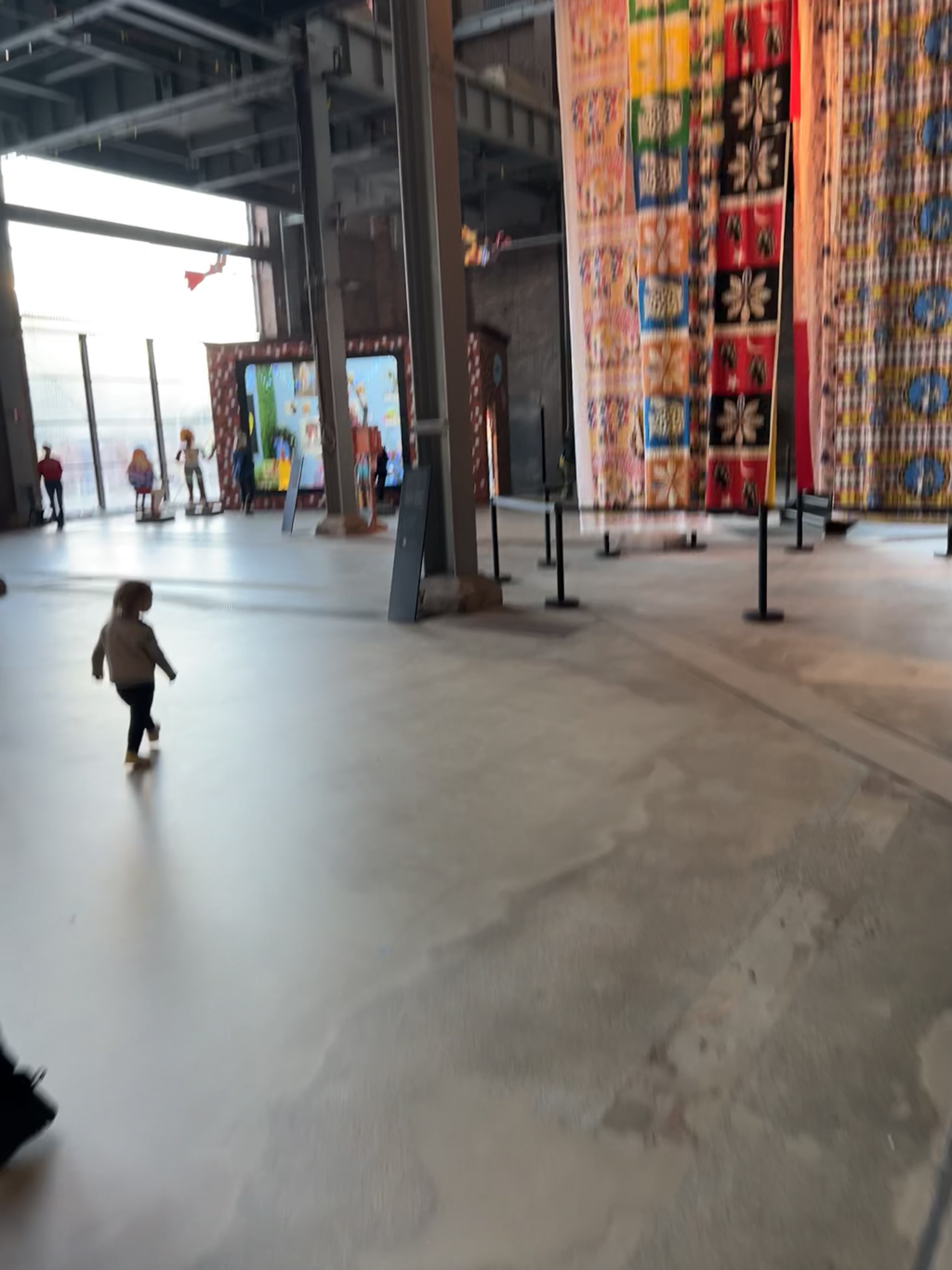

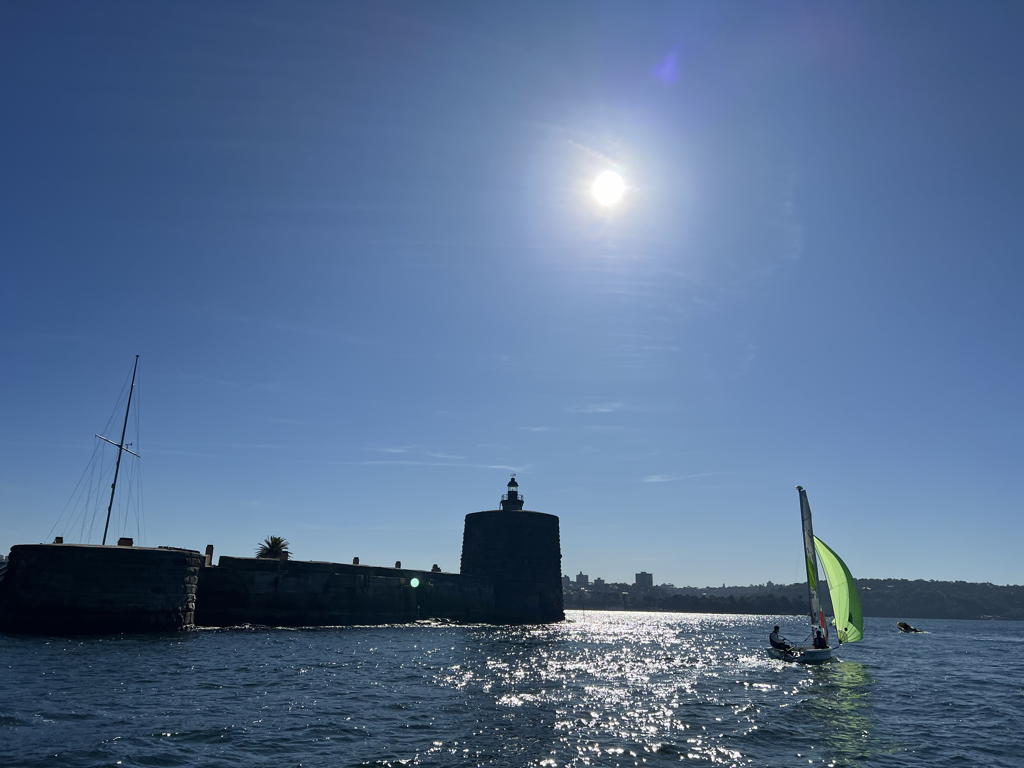


 RSS Feed
RSS Feed
